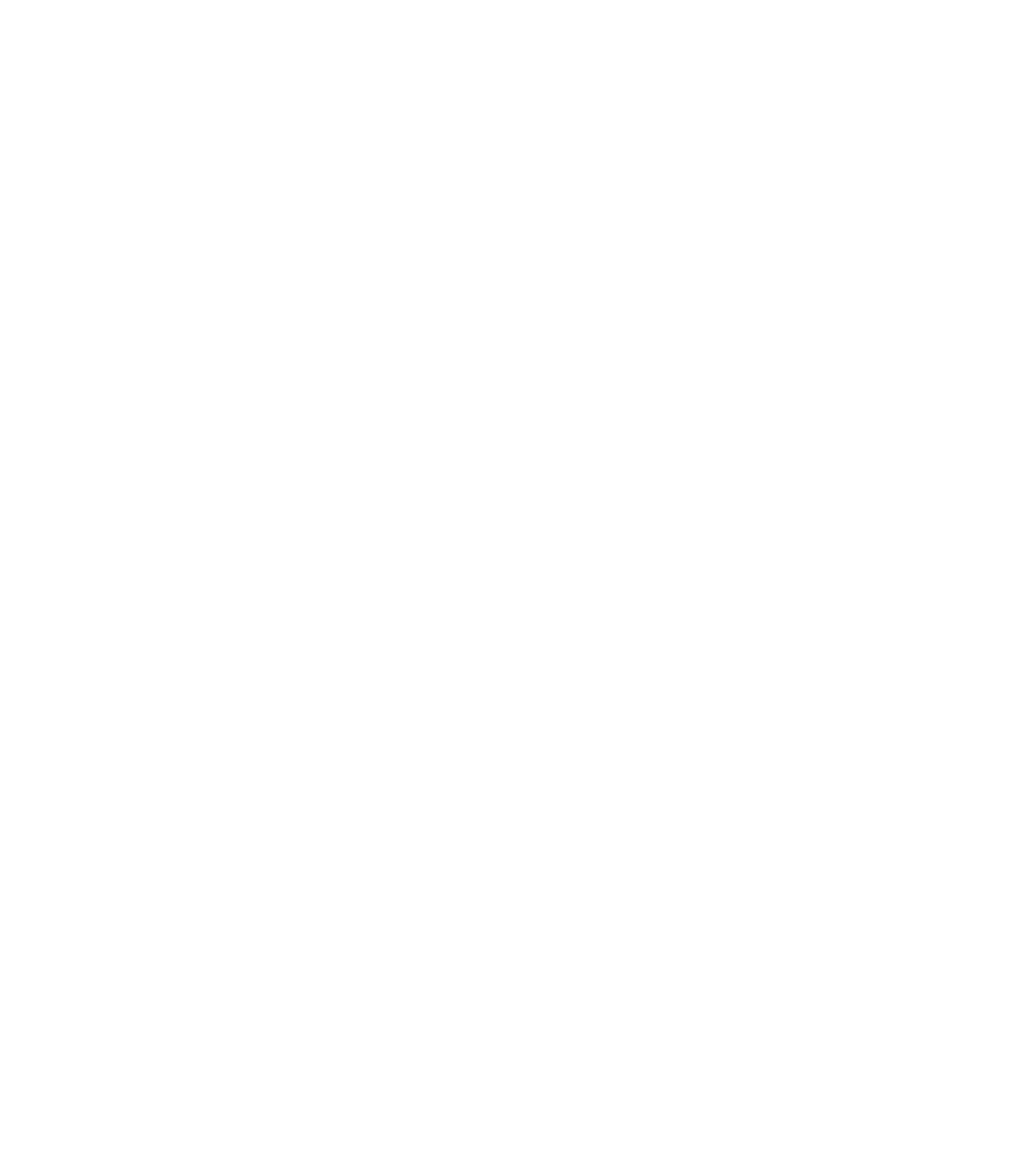High functioning depression, also known as dysthymia or persistent depressive disorder, is a less severe but more chronic form of depression that can be difficult to recognize. It's crucial to understand the symptoms of high functioning depression to identify and address them effectively. This guide will help you recognize the common symptoms, learn how they affect daily life, and explore available treatment options and coping strategies.
What is High Functioning Depression?
High functioning depression is a mental health condition characterized by a low mood or persistent sadness, but with the ability to maintain daily activities and responsibilities. While it might not be as debilitating as other forms of depression, early detection and treatment are essential to prevent it from worsening over time.Comparing High Functioning Depression to Other Forms of Depression
- Severity: High functioning depression is typically less severe than major depressive disorder.
- Duration: High functioning depression is more chronic, with symptoms persisting for at least two years.
- Functionality: Individuals with high functioning depression can often maintain their daily responsibilities and routines.
Identifying Common Signs of High Functioning Depression
High functioning depression can manifest in various emotional, physical, and behavioral symptoms. Some of the most common symptoms include:- Persistent sadness or low mood
- Loss of interest or pleasure in activities
- Difficulty concentrating or making decisions
- Irritability or increased sensitivity
- Fatigue and low energy
- Changes in sleep patterns
- Changes in appetite or weight
- Feelings of guilt or worthlessness
- Suicidal thoughts or ideation
Emotional Aspects of High Functioning Depression
In addition to common symptoms, individuals with high functioning depression may also experience specific emotional symptoms:- Perfectionism and self-criticism: Constantly striving for perfection and being overly critical of oneself.
- Difficulty expressing or managing emotions: Struggling to articulate or regulate emotions effectively.
- Pessimism and negative thought patterns: Consistently focusing on the negative aspects of life and feeling hopeless about the future.
- Increased social isolation and withdrawal: Avoiding social interactions and spending more time alone.
- Difficulty maintaining relationships: Struggling to form and maintain healthy connections with others due to emotional challenges.
Physical Symptoms of High Functioning Depression
Physical symptoms of high functioning depression can often be overlooked or attributed to other causes:- Insomnia or hypersomnia: Difficulty falling asleep, staying asleep, or sleeping too much.
- Changes in eating habits: Overeating or loss of appetite, leading to weight gain or loss.
- Unexplained aches and pains: Experiencing physical discomfort without an apparent cause.
- Decreased libido or sexual dysfunction: A reduced interest in sexual activities or difficulties during sexual encounters.
- Gastrointestinal issues related to stress: Experiencing stomachaches, nausea, or other digestive problems due to stress and anxiety.
How High Functioning Depression Affects Daily Life
The symptoms of high functioning depression can significantly impact various aspects of daily life:- Work and productivity: Struggling to concentrate, making decisions, or maintaining motivation at work.
- Personal relationships: Emotional and behavioral symptoms can strain relationships with friends, family, and romantic partners.
- Self-care and personal wellbeing: Neglecting self-care activities, such as exercise, proper nutrition, and personal hygiene.
Seeking Help and Treatment
Recognizing the symptoms of high functioning depression is the first step towards seeking help and treatment. Some available treatment options include:- Psychotherapy: Cognitive Behavioral Therapy (CBT) and other forms of therapy can help individuals develop healthier thought patterns and coping mechanisms.
- Medication: Antidepressant medications, such as selective serotonin reuptake inhibitors (SSRIs), can help regulate mood and alleviate symptoms. 3. Lifestyle changes and self-care: Incorporating regular exercise, a balanced diet, and sufficient sleep into daily routines can improve overall mental health.To find a mental health professional, consult with your primary care physician, seek referrals from friends or family members, or use online directories provided by mental health organizations.
Coping Strategies
In addition to seeking professional help, there are several coping strategies that can help manage high functioning depression:- Developing a strong support network: Building a support system of friends, family, and mental health professionals can provide encouragement and guidance during challenging times.
- Engaging in regular exercise: Physical activity has been shown to improve mood and reduce symptoms of depression.
- Practicing mindfulness and relaxation techniques: Meditation, deep breathing exercises, and progressive muscle relaxation can help manage stress and promote emotional well-being.
- Setting healthy boundaries and prioritizing self-care: Establishing boundaries with work, relationships, and personal commitments can prevent burnout and ensure time for self-care activities.
- Seeking therapy or support groups: Engaging in individual or group therapy can provide additional support and resources for coping with high functioning depression.

